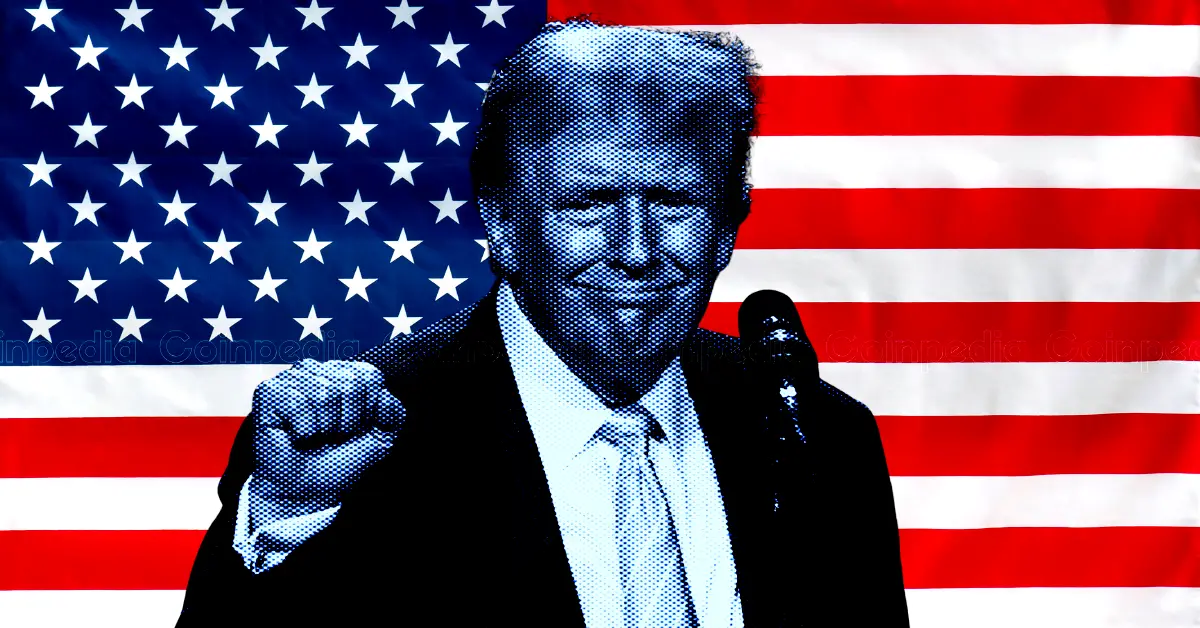
The United States is getting closer to passing a major crypto law. On June 10, lawmakers will review the CLARITY Act, a bill aimed at setting clear rules for digital assets. This review, called a markup, is a key step before the bill can be voted on in the House of Representatives.
The CLARITY Act is designed to make it easier to understand how cryptocurrencies are regulated in the US. It gives clear definitions for digital assets and outlines which agencies, like the SEC and CFTC, should handle what. The goal is to provide a single, easy-to-follow framework for the crypto market.
Many in the crypto industry support the bill. Ripple’s legal chief, Stuart Alderoty, called it a big win and a solid foundation for future laws. Lawmakers from both political parties also back the bill, showing rare bipartisan support in Washington.
Rep. Bryan Steil supports the CLARITY Act to bring clear crypto rules and protect consumers. However, some critics push for the Fair Tax Act, which would scrap the IRS and replace all federal taxes with a national sales tax for a simpler system.
However, the future of the CLARITY Act depends on another bill known as the GENIUS Act, which focuses on stablecoins. If the GENIUS Act fails, it could slow down or block progress on the CLARITY Act. The Senate is expected to vote on the GENIUS Act soon, and many are hopeful it will pass.
However, Democratic lawmakers and key witnesses weren’t convinced. Former CFTC Chair Timothy Massad urged a complete rethink, suggesting the SEC and CFTC work together on a clearer framework instead of redefining legal terms around securities and commodities. Democrats argued the bill would undercut the SEC’s oversight and leave parts of the industry unregulated.
Representative Maxine Waters warned that the bill introduces vague definitions and could trigger more lawsuits, giving big banks an advantage over startups. Rep. Stephen Lynch added that the bill seemed designed to allow large crypto firms to skirt proper regulation.
Several crypto groups are also asking lawmakers to include another proposal called the Blockchain Regulatory Certainty Act. This would protect DeFi developers who do not manage customer funds, helping them avoid being treated like traditional banks.
With growing support and rising pressure, the June 10 session will be a key moment for the future of crypto regulation in the US.
The GENIUS Act establishes a regulatory framework for payment stablecoins, requiring issuers to maintain fully backed reserves and regular consumer disclosures. It assigns the Office of the Comptroller of the Currency (OCC) as the main regulator and offers an optional state-level regime for smaller issuers
If enacted, the Act will provide a stable and predictable regulatory environment, making it easier for businesses to comply and for investors to understand their rights and protections.
CoinPedia has been delivering accurate and timely cryptocurrency and blockchain updates since 2017. All content is created by our expert panel of analysts and journalists, following strict Editorial Guidelines based on E-E-A-T (Experience, Expertise, Authoritativeness, Trustworthiness). Every article is fact-checked against reputable sources to ensure accuracy, transparency, and reliability. Our review policy guarantees unbiased evaluations when recommending exchanges, platforms, or tools. We strive to provide timely updates about everything crypto & blockchain, right from startups to industry majors.
All opinions and insights shared represent the author's own views on current market conditions. Please do your own research before making investment decisions. Neither the writer nor the publication assumes responsibility for your financial choices.
Sponsored content and affiliate links may appear on our site. Advertisements are marked clearly, and our editorial content remains entirely independent from our ad partners.
Story Highlights The live price of SUI crypto is . The SUI price is expected…
Story Highlights Solana Price Today is . Solana coin price could reach a potential high…
Story Highlights The ASTER price today is The token could hit an average price of…
The past week for Aster has been no less than a rollercoaster, and I’ve been…
Monero price just logged an impressive 5.7% surge to $311.86 in the past day, decisively…
Pump.fun (PUMP) is making headlines as it snaps back from its month-long slump, recording a…